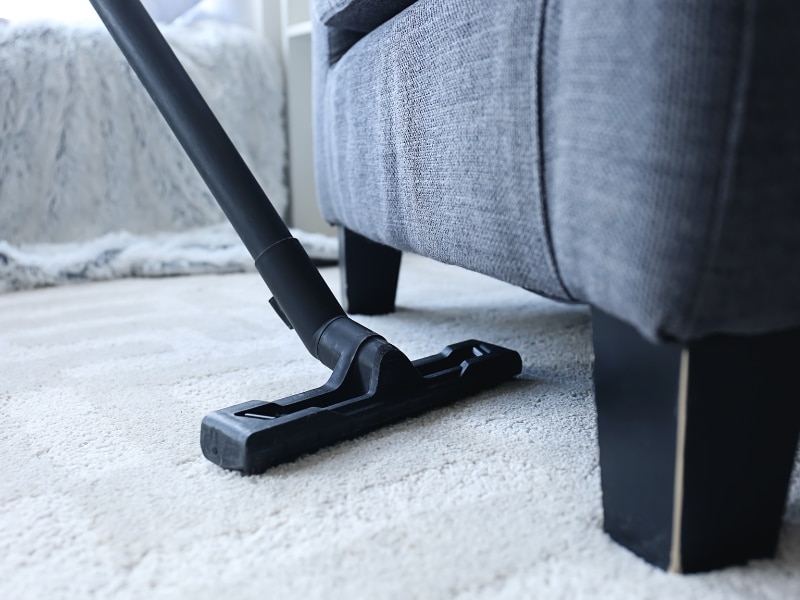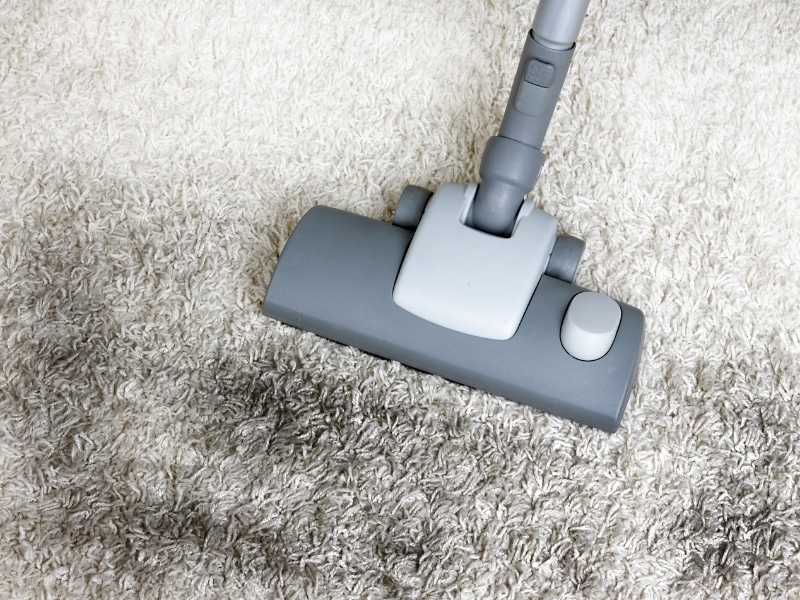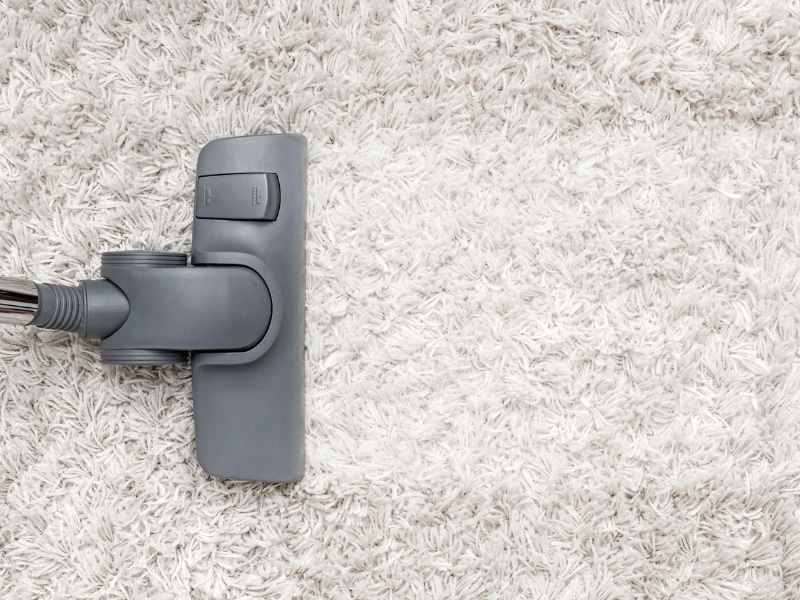Keeping carpets clean in NDIS homes goes beyond simple housework. It directly affects indoor air quality, hygiene, and overall comfort for participants. Poorly maintained flooring can pose health risks, cause stress, and even create mobility hazards if left unchecked. This article explores the reasons why cleaning dirty carpet is essential in supported living environments and how it contributes to safer, healthier daily routines.
What leads to carpets becoming dirty in NDIS environments?
NDIS participants often face unique day-to-day challenges, and their home environments reflect these circumstances. Carpeted floors, in particular, tend to take the brunt of regular activity and mobility needs.
- Frequent in-and-out movement: Carers, support staff, and family members often come and go, tracking in dirt and dust.
- Use of mobility aids: Wheelchairs and walking frames wear down fibres and grind in grit.
- Spills and dropped items: Incidents involving food, drink, or bodily fluids are more common in supported environments.
- Lack of consistent cleaning: If regular vacuuming or steam cleaning is skipped, dirt accumulates rapidly.
These issues are often unavoidable, especially in high-support environments. Understanding what contributes to soiled flooring enables you to plan effective, ongoing hygiene strategies that prevent long-term damage and discomfort. Gaining a clearer view starts with understanding the importance of carpet cleaning in NDIS homes, especially when tailored to individual support needs.
Why is a dirty carpet a bigger problem in NDIS homes?
Not all homes experience carpet issues in the same way. In NDIS residences, unclean flooring can lead to more significant health risks and complications.
- Airborne irritants, such as dust, dander, and mould spores, are more likely to impact those with compromised immunity.
- Infection control: Pathogens in carpet fibres can pose a risk to those with chronic health conditions.
- Emotional distress: Clutter and visible grime can contribute to anxiety or agitation in participants with sensory sensitivity or neurodivergent conditions (such as autism or ADHD.
- Fall hazards: Raised or matted carpet fibres can cause trips or reduced mobility confidence.
Given these added risks, cleaning routines need to adapt accordingly and focus on more than just visible mess—they should actively support safer, healthier movement and living environments.
Can poor carpet hygiene make indoor living conditions worse?
If carpets aren’t regularly cleaned, indoor conditions can deteriorate quickly, especially in homes where people spend most of their time.
- Air quality degradation: Pollutants trapped in carpets gradually re-enter the air.
- Persistent odours: Spills and dirt turn musty if not treated quickly.
- Allergy triggers: Dust mites and mould spores exacerbate respiratory symptoms.
- Bacterial buildup: Moisture and heat create ideal conditions for germs to thrive.
One simple yet effective way to counteract this is by improving indoor air quality with cleaner flooring, which helps reduce exposure to airborne toxins and allergens. This is especially crucial in spaces with limited ventilation or those using artificial heating year-round.
What are the most effective methods for cleaning dirty carpets?
Different homes will benefit from different cleaning approaches. However, there are proven techniques that consistently work well for NDIS environments.
- Vacuuming 2–3 times a week: Keep dust, sand, and daily grime in check.
- Steam cleaning monthly: Penetrates deeply into fibres to sanitise and deodorise. If monthly steam cleaning isn’t practical, aim for at least quarterly treatments in high-traffic zones
- Stain-specific treatments: Using the right cleaner for bodily fluids, food or tracked-in dirt matters.
- Rotation of furniture: Helps reduce uneven wear and ensures better reach for cleaning.
When it comes to balancing health support and household tasks, you may want to explore trusted carpet cleaning solutions for NDIS participants that align with personal needs and comfort levels. Professional services can also tailor visits to suit support schedules.
Carpet Cleaning Method | Frequency | Benefits |
Vacuuming | 2–3x weekly | Removes surface dirt and allergens |
Steam cleaning | Monthly | Sanitises fibres and removes deep grime |
Spot treatment | As needed | Prevents stains and odours from setting |
Professional clean | Quarterly | Ensures comprehensive sanitation and care |
How can NDIS participants benefit from cleaning dirty carpets?
The benefits of well-maintained flooring extend far beyond its appearance—whether it’s polishing hardwood or cleaning dirty carpet, these efforts impact physical, mental, and even emotional health.
- Reduces allergy symptoms: Minimising dust mites, pollen, and mould makes breathing easier.
- Creates safer walking surfaces: Fewer trip hazards mean more independence and mobility.
- Improves psychological well-being: Clean, pleasant spaces support mood and mental health.
- Protects furniture and equipment: Mobility aids function better on cleaner, flatter surfaces.
These aren’t small wins—they can transform how someone experiences their own home. If you’re navigating this space for the first time, try learning more about how cleaning carpet stairs reduces allergens for NDIS participants to see how these benefits scale with consistent upkeep.
When should carpet hygiene become part of your support routine?
Cleaning dirty carpet isn’t something to treat as optional, especially when it directly affects well-being. The good news? Building it into your regular support routine doesn’t have to be hard.
- Daily light cleaning: Crumbs or tracked-in debris should be vacuumed as they appear.
- Weekly refresh: A thorough vacuuming, combined with a spot clean, helps keep stains at bay.
- Monthly Review: Assess areas requiring steam or more intensive treatments.
- Seasonal reset: Schedule professional cleans at the change of each season.
It’s practical to align these routines with other household tasks or scheduled support times. When it becomes a habit, it’s easier to keep living areas fresh and safe throughout the year.
What role does carpet floor hygiene play in overall well-being?
Well-being isn’t only about mental health or physical safety—it’s the combination of both, influenced by your surroundings. For many NDIS participants, the state of the home has a direct effect on their daily outlook.
- Boosts confidence: Clean, tidy environments support personal pride and calm.
- Encourages social visits: A welcoming home helps participants stay socially connected.
- Prevents health setbacks: Reduces the risk of illness from pathogens or allergens.
- Supports daily routines: Cleaning floors helps maintain consistent, independent movement.
Maintaining hygienic floors may seem simple, but even tasks like cleaning dirty carpet play a crucial role in establishing safe, stable routines that nurture long-term health.
Final thoughts
Carpet care is never just cosmetic—it plays a vital role in safeguarding the comfort, health, and confidence of NDIS participants. Whether it’s weekly upkeep or seasonal deep cleaning, having a consistent plan makes a noticeable difference in daily life. To explore tailored support, learn how Ahsan Care Provider helps maintain healthy homes.




